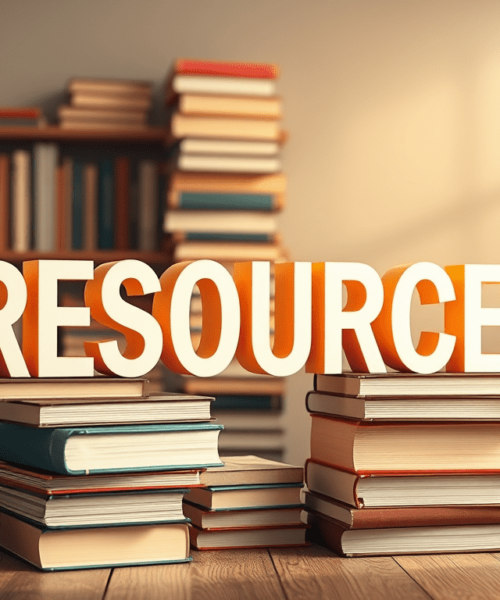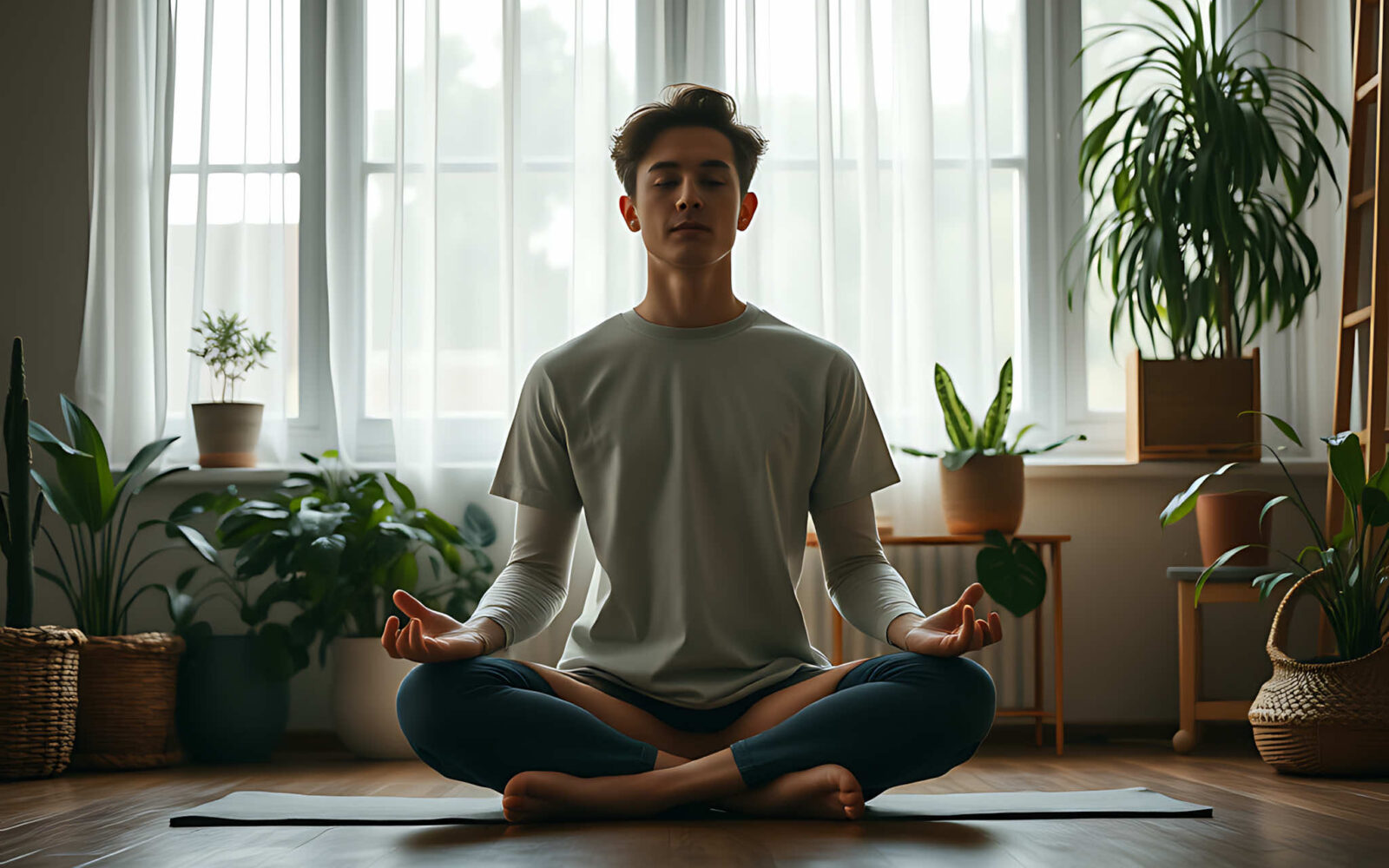The Benefits of Mindfulness in Recovery
What is Mindfulness?
Mindfulness is the practice of paying focused attention to the present moment with openness, curiosity, and without judgment. It involves being fully aware of your thoughts, emotions, physical sensations, and surroundings, rather than being lost in past regrets or future anxieties. This approach is a powerful tool in recovery, helping individuals manage stress, reduce cravings, and build resilience.
The Benefits of Mindfulness in Recovery
Mindfulness offers numerous benefits that can be particularly useful in the context of addiction recovery:
- Stress Reduction: Mindfulness helps reduce the impact of stress by teaching you to respond to situations calmly rather than reacting impulsively.
- Emotional Regulation: By practicing mindfulness, you can develop greater control over your emotions, which is crucial for managing triggers and preventing relapse.
- Enhanced Focus and Awareness: Mindfulness increases your ability to stay present and focused, making it easier to resist cravings and make healthier choices.
- Improved Relationships: Mindfulness fosters empathy and patience, helping you rebuild and strengthen relationships damaged by addiction.
- Better Mental Health: Regular mindfulness practice can reduce symptoms of anxiety and depression, common challenges in recovery.
How to Practice Mindfulness
Mindfulness can be practiced in various ways, and it doesn’t require any special equipment or settings. Here are some simple techniques you can start with:
- Mindful Breathing: Focus on your breath as it enters and leaves your body. If your mind wanders, gently bring your attention back to your breath.
- Body Scan: Lie down or sit comfortably. Slowly bring your attention to each part of your body, starting from your toes and moving up to your head, noticing any sensations without trying to change them.
- Mindful Walking: As you walk, pay attention to the sensation of your feet touching the ground, the rhythm of your steps, and the sights and sounds around you.
- Mindful Eating: Eat slowly, savoring each bite. Notice the texture, flavor, and smell of your food, and try to appreciate the experience without distractions.
- Mindfulness Meditation: Set aside a few minutes each day to sit quietly and observe your thoughts without judgment. Let them come and go without getting attached to any particular idea.
Incorporating Mindfulness into Your Recovery Journey
At Last Door Recovery Society, we believe that mindfulness can be a valuable component of a holistic recovery plan. Here are some ways you can incorporate mindfulness into your daily routine:
- Start Small: Begin with just a few minutes of mindfulness practice each day and gradually increase the time as you become more comfortable.
- Join a Group: Consider participating in a mindfulness group or class to stay motivated and learn from others.
- Use Mindfulness Apps: There are many apps available that offer guided mindfulness exercises and meditations, making it easy to practice anywhere, anytime.
- Mindful Moments: Integrate mindfulness into your everyday activities, such as brushing your teeth, eating, or even washing the dishes. The key is to focus fully on the task at hand.
Mindfulness and Relapse Prevention
Mindfulness is particularly effective in relapse prevention. By staying grounded in the present moment, you can better manage cravings, recognize early signs of relapse, and respond to challenges in a thoughtful, constructive way. Mindfulness also helps you to accept difficult emotions without feeling overwhelmed, reducing the likelihood of turning to substances as a coping mechanism.
Resources for Learning Mindfulness
If you’re interested in learning more about mindfulness, there are numerous resources available:
- Books and Guides: There are many excellent books on mindfulness, such as “The Mindful Way Through Depression” and “Wherever You Go, There You Are.”
- Online Courses and Apps: Websites like Headspace, Calm, and Insight Timer offer guided meditations and courses designed to help you build a mindfulness practice.
- Mindfulness-Based Stress Reduction (MBSR): Consider enrolling in an MBSR program, which is an evidence-based course that teaches mindfulness to improve mental and physical well-being.
Taking the Next Step
Mindfulness is more than just a practice; it’s a way of living that can support your journey to recovery. At Last Door Recovery Society, we encourage you to explore mindfulness as part of a comprehensive approach to healing. Whether you’re just beginning your recovery or looking for ways to sustain it, mindfulness can help you build a stronger, healthier future.
To learn more, give us a call at 604-525-9771

Mindfulness Resources
Mindfulness Books and Workbooks
- “Mindfulness: An Eight-Week Plan for Finding Peace in a Frantic World” by Mark Williams and Danny Penman
- “Wherever You Go, There You Are” by Jon Kabat-Zinn
- “Mindfulness for Beginners” by Jon Kabat-Zinn
Mindfulness Apps
- Headspace (meditation and mindfulness app)
- Calm (meditation and relaxation app)
- Insight Timer (free meditation app)
- Ten Percent Happier (mindfulness app)
Online Mindfulness Courses
- Palouse Mindfulness (free online MBSR course)
- FutureLearn Mindfulness Course
- Coursera: De-Mystifying Mindfulness
Remember: The provided resources are suggestions based on research and popularity. They are not direct endorsements. These resources are meant to supplement, not replace, professional mental health care. Always consult with a qualified mental health professional for personalized advice and treatment.

